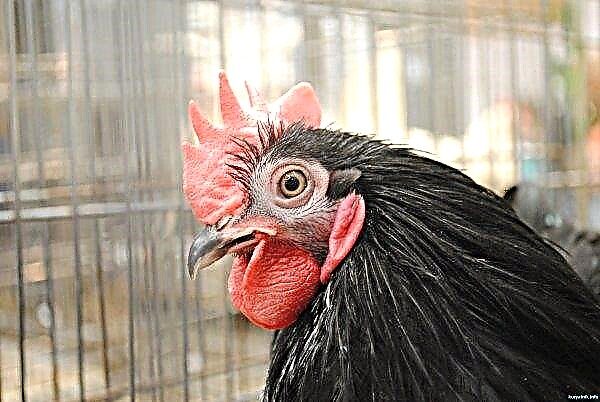All negative stereotypes regarding the use of pork are formed among consumers due to lack of information from producers and retail.
This was reported by the head of the consumer and customer research department of ASNILSEN Ukraine Tatyana Shevchenko, referring to the results of a study that Nielsen conducted in Ukraine together with the Association of Pig Breeders of Ukraine.
For example, among consumers there is a stereotype that pigs are fed poor-quality feed, which affects the quality of meat.
They also believe that the mass production of pork cannot be organic due to the large number of antibiotics and other chemicals used in raising animals, that is, meat in principle cannot be organic.
According to Tatyana Shevchenko, the stereotype extends to certain parts of the pig carcass. For example, some consumers believe that the pig receives the largest number of injections in the neck, so this meat contains a high concentration of chemicals.
In her opinion, the pig-breeding industry should pay attention to the channel of communication with consumers in order to change these stereotypes and form a more positive image of pork.
Tatyana Shevchenko told point by point what information is missing for consumers:
- how pigs are raised, in what conditions;
- what feeds do they feed, how are they useful for animals;
- whether large-scale farms produce organic pork;
- how the animal was slaughtered (this question is important for a certain category of consumers).












